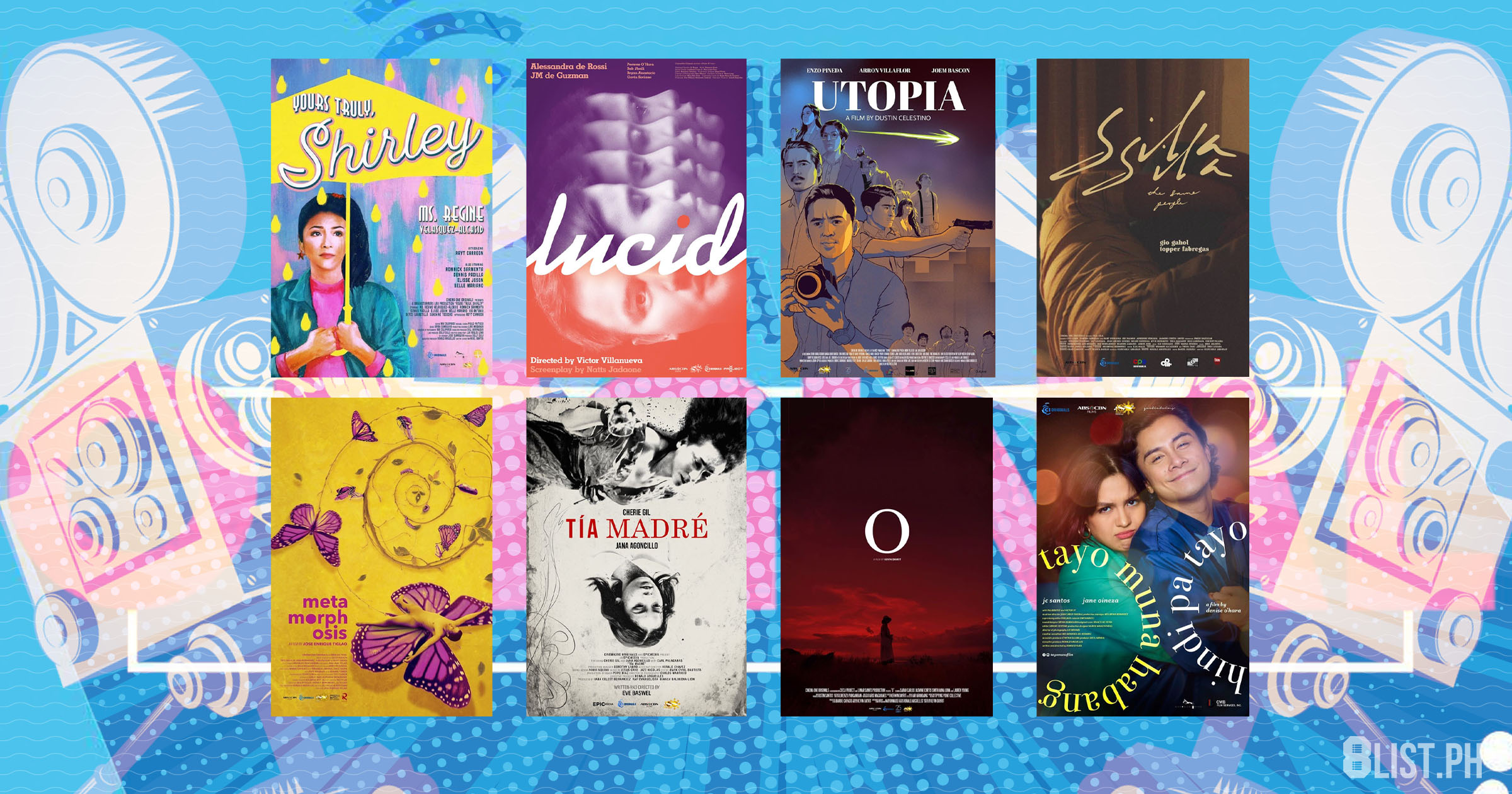Are you prepared to dive into a cinematic adventure that will transform the way you experience movies? This extensive guide will lead you through the enchanting universe of cinema, covering its storied past, current trends, and everything in between.
This ultimate cinema guide is crafted to cater to both newcomers and seasoned film enthusiasts. Whether you're intrigued by the technical intricacies of filmmaking or simply aiming to elevate your movie-watching enjoyment, this article offers something for everyone.
As we delve further into the cinematic realm, you'll uncover the secrets behind the magic of movies, the evolution of film technology, and how cinema continues to influence culture and society. Let's embark on this journey together!
Read also:Aldi Planner 2024 Release Date All You Need To Know
Table of Contents
- The Evolution of Cinema
- The Art of Film Production
- Navigating the World of Movie Genres
- Technological Innovations in Filmmaking
- Global Trends in the Box Office
- The Significance of Film Awards
- The Influence of Film Critics
- The Blockbuster Revolution
- The Streaming Revolution in Cinema
- Envisioning the Future of Cinema
- Final Thoughts
The Evolution of Cinema
Cinema boasts a rich history that traces back to the late 19th century. The invention of motion picture cameras in the 1890s marked the beginning of a transformative journey, and by the early 1900s, films had become a beloved form of entertainment. This section delves into the origins of cinema and its remarkable evolution over the decades.
The unveiling of the cinematograph by the Lumière brothers in 1895 was a pivotal moment in the history of cinema. Their revolutionary technology introduced audiences to the marvel of moving images for the very first time. As the industry expanded, filmmakers honed their craft, enhancing both artistry and storytelling capabilities.
In the 1920s, the silent film era gave way to "talkies," films with synchronized sound, sparking a new wave of innovation. This leap forward paved the way for the golden age of Hollywood in the 1930s and 1940s. Today, cinema continues to evolve, embracing advancements in special effects, digital technology, and global distribution.
Key Milestones in Cinema History
- 1895: The Lumière brothers premiere the cinematograph.
- 1927: "The Jazz Singer" debuts as the first feature-length talking picture.
- 1939: "Gone with the Wind" premieres, symbolizing the peak of Hollywood's golden era.
- 2000s: Digital technology reshapes the filmmaking landscape.
The Art of Film Production
At the core of cinema lies the intricate and collaborative process of film production. From the planning stages of pre-production to the final touches of post-production, creating a film involves numerous steps and a diverse array of talents. In this section, we'll explore the essential components of filmmaking and how they contribute to the final masterpiece.
Pre-production is the meticulous planning phase, encompassing scriptwriting, budgeting, and location scouting. During production, the actual filming takes place, demanding seamless collaboration between directors, actors, cinematographers, and other key personnel. Post-production involves editing, sound design, and visual effects to bring the film to life.
Each phase of film production demands expertise and creativity, ensuring that the final film resonates with audiences around the globe. Understanding this process can deepen your appreciation for the artistry and dedication that goes into every movie you watch.
Read also:Create An Oc Challenge Based On You Unleash Your Inner Creator
Key Roles in Film Production
- Director: Guides the creative vision of the film.
- Producer: Oversees financial and logistical aspects.
- Cinematographer: Defines the visual style of the film.
- Editor: Assembles footage into a cohesive narrative.
Navigating the World of Movie Genres
One of the most thrilling aspects of cinema is its vast array of genres. Whether you're drawn to action-packed blockbusters, heartwarming romances, or thought-provoking documentaries, there's a genre for every taste. This section examines popular movie genres and their defining characteristics.
Action films captivate audiences with their high-energy sequences and gripping plots. Romantic films focus on love and relationships, often culminating in happy endings. Science fiction explores futuristic worlds and advanced technology, while horror films aim to evoke fear and suspense.
Understanding the nuances of each genre can help you discover new films and expand your cinematic horizons. Whether you're a fan of classic black-and-white films or modern-day blockbusters, there's always something new to explore.
Popular Movie Genres
- Action
- Romance
- Science Fiction
- Horror
Technological Innovations in Filmmaking
Technology has been a driving force behind the evolution of cinema. From the invention of the cinematograph to the rise of digital filmmaking, technological advancements have continuously expanded the boundaries of what is possible in film. This section highlights key innovations that have transformed the industry.
Special effects, particularly CGI (computer-generated imagery), have enabled filmmakers to create breathtaking visuals that were once unimaginable. Digital cameras have made filming more accessible and cost-effective, while advanced editing software facilitates seamless post-production. These innovations have not only enhanced the quality of films but also democratized the art of filmmaking.
As technology continues to advance, the potential for cinema is limitless. Filmmakers can now craft immersive experiences through virtual reality, 3D technology, and more, ensuring that cinema remains a vibrant and dynamic medium.
The Impact of Technology on Cinema
- Enhanced visual effects.
- Increased accessibility for independent filmmakers.
- Improved audience engagement through interactive experiences.
Global Trends in the Box Office
The box office serves as a critical indicator of the success of films across the globe. Box office revenue reflects audience demand and can influence future projects and trends in the industry. This section explores the global impact of cinema and how it has become a multi-billion-dollar industry.
According to the Motion Picture Association, global box office revenue reached $45 billion in 2019, with North America and Asia-Pacific leading the way. Blockbuster films like "Avengers: Endgame" and "Star Wars: The Rise of Skywalker" dominated the charts, underscoring the enduring appeal of franchise films.
As the industry expands globally, filmmakers are increasingly focusing on international markets and diverse storytelling. This shift highlights the growing importance of cultural representation and inclusivity in cinema.
Top Box Office Hits
- "Avengers: Endgame" (2019)
- "Star Wars: The Force Awakens" (2015)
- "Titanic" (1997)
The Significance of Film Awards
Film awards celebrate excellence in the cinematic arts and honor the hard work of filmmakers worldwide. Prestigious awards like the Academy Awards, Golden Globes, and Cannes Film Festival recognize outstanding achievements in various categories, from acting to screenwriting. This section examines the importance of film awards and their impact on the industry.
Winning an award can elevate a filmmaker's career and bring attention to their work. For instance, films like "Parasite" and "The Shape of Water" gained international recognition after receiving top honors at major award ceremonies. These awards also encourage innovation and creativity in the industry, inspiring filmmakers to push boundaries and explore new narratives.
While awards are not the sole measure of a film's success, they play a vital role in shaping the cultural landscape of cinema and promoting diverse voices in the industry.
Major Film Awards
- Academy Awards
- Golden Globes
- Cannes Film Festival
The Influence of Film Critics
Film critics play a crucial role in shaping public opinion and influencing the success of films. Through reviews and analysis, critics provide insights into the quality and significance of movies, helping audiences make informed decisions about what to watch. This section delves into the world of film criticism and its impact on the industry.
Critics evaluate films based on various criteria, including storytelling, acting, direction, and technical aspects. Their reviews can sway box office performance and even affect a film's chances of winning awards. However, the rise of social media has democratized film criticism, enabling everyday viewers to share their opinions and contribute to the conversation.
Despite the changing landscape of film criticism, professional critics continue to play a vital role in providing thoughtful analysis and fostering meaningful discussions about cinema.
How Critics Impact Cinema
- Shaping public perception of films.
- Influencing box office performance.
- Role in award nominations and recognition.
The Blockbuster Revolution
Blockbuster movies have become a cornerstone of modern cinema, captivating audiences with their grand narratives and stunning special effects. This section examines the phenomenon of blockbuster films and how they have reshaped the industry.
Blockbusters like "Jurassic Park," "The Dark Knight," and "Black Panther" have set new standards for storytelling and visual spectacle. These films often feature renowned actors, cutting-edge technology, and expansive marketing campaigns, ensuring their success at the box office.
However, the dominance of blockbusters has sparked debates about the diversity of films being produced. While these films attract large audiences, critics argue that they sometimes overshadow smaller, independent films that offer unique perspectives and innovative storytelling.
Characteristics of Blockbuster Movies
- High production budgets.
- Wide release distribution.
- Strong marketing strategies.
The Streaming Revolution in Cinema
The rise of streaming services has transformed the way we consume films. Platforms like Netflix, Amazon Prime, and Disney+ have revolutionized the traditional model of cinema by offering on-demand access to an extensive library of movies. This section explores the impact of streaming services on the film industry.
Streaming services have democratized film distribution, enabling independent filmmakers to reach broader audiences without relying on traditional studio systems. However, this shift has also raised concerns about the future of theatrical releases and the importance of communal movie-watching experiences.
As the industry adapts to the digital age, streaming services will undoubtedly play a significant role in shaping the future of cinema. Balancing accessibility with the preservation of theatrical traditions remains a key challenge for the industry.
Top Streaming Platforms
- Netflix
- Amazon Prime Video
- Disney+
Envisioning the Future of Cinema
Looking ahead, the future of cinema holds exciting possibilities. Advances in technology, shifting consumer habits, and evolving storytelling techniques promise to keep the industry vibrant and dynamic. This section speculates on what the future holds for cinema and how it might continue to transform.
Virtual reality, artificial intelligence, and interactive storytelling are just a few of the innovations that could redefine the cinematic experience. Additionally, the growing emphasis on diversity and representation in films ensures that cinema remains a powerful medium for reflecting and shaping society.
As we move forward, the collaborative efforts of filmmakers, audiences, and technology will determine the direction of cinema. By embracing innovation while honoring tradition, the industry can continue to captivate and inspire generations to come.
Predictions for the Future of Cinema
- Increased adoption of virtual reality in films.
- Greater focus on diverse storytelling.
- Expansion of global co-productions.
Final Thoughts
This ultimate guide to cinema has taken you on a journey through the history, technology, genres, and future of the film industry. From the early days of silent films to the modern era of digital streaming, cinema continues to evolve and captivate audiences worldwide.
As you explore the world of cinema, remember that every film tells a story, and every story has the power to inspire and connect people across cultures and generations. Whether you're a casual viewer or a dedicated


